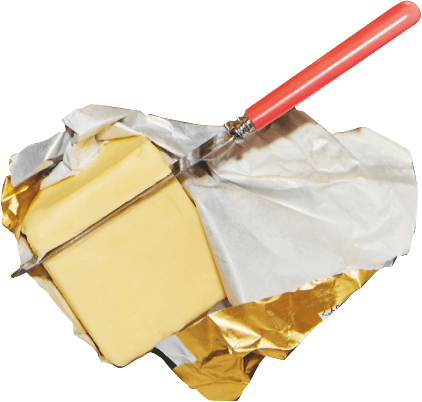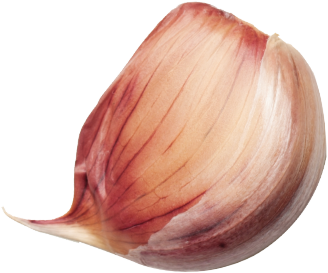



Best potato for…mashing
Spuds, glorious spuds! Yeahhh a pile of mash does slightly resemble that infamous gruel but these carby delights are SOOOO much more delicious, and when it comes to the perfect mashed potato, you have to be a bit selective on your varieties. Oliver would defs be asking for more.
For a proper top tier mashed potato, you want a good all rounder potato – in the UK my go-to is a Maris Piper or King Edward as they are the perfect middle ground between fluffy and starchy. If you’re based in the USA, a variety like Yukon Golds or Russets tend to be the most popular and will give you that ideal mash.
Why not a waxy spud?
Waxy potatoes such as Charlottes or Anyas will result in a gloopy consistency that you could legit use to hang wallpaper, so those are best kept for potato salads or boiling and smothering in butter. Disclaimer – please don’t use waxy potatoes for wallpaper paste, I was just trying to be funny…
Gimme some tips
- Make sure you have enough salt in your water. You want ocean vibes because potatoes suck up any flavour they are given, so the water they are boiled in needs to taste like sea water. Adding a stock cube or clove of garlic into the water can add in extra flavour too.
- When mashing your spuds, make sure they are still hot so the starch in the potatoes doesn’t crystallize and create lumpy mash. It is also important to warm whatever you are adding into the potatoes – I like cream and plenty of salted butter to make the most unctuous creamy mash. If you add something cooler in, you’ll end up with lukewarm mash that you’ll need to reheat again.
- Any good chef will tell you that when you’re cooking any vegetables, anything grown above the ground (asparagus, broccoli, cavalo nero are a few examples) needs to be cooked in a pan of rapidly boiling water, whereas anything grown below the ground (potatoes, parsnips, carrots) should be put into cold water and brought up to the boil, to give the vegetables time to soften and break down. Honestly, probs my favourite tip and such an easy one to remember for all veg.
Oops, I’ve over-mashed. What can I do?
Unfortunately if you over mash your potatoes there’s no way to revive them. You can add in a load of cheese to create a simple version of the French Aligot to save it, but it is best to start over.
Got waterlogged spuds? Always cut your potatoes into 1cm rounds and cook until tender enough to fall off the end of a knife but not so long that they become mushy. If you take your eye off them and they soak up too much water, drain the potatoes and leave to steam dry in the colander with a clean tea towel over the top for 5-10 minutes. After that you can put them back into the pan and pop on the stove for a few minutes, shaking regularly, to dry off some of the water. This is a technique a lot of chefs use to get super fluffy spuds.
What about leftover mash?
If you’re like me, there’s NEVER leftover mashed potatoes. If you are lucky enough to have a little left from your Sunday roast, mix with some shredded cooked cabbage or brussel sprouts and any other cooked veg that’s left and form into patties. Pan fry in a knob of butter until golden brown and you have the most delish bubble and squeak patties!
One of my favourite ways to pimp my mash is adding in crumbled crispy bacon, some garlic butter and a load of cheese for the ultimate side dish.
For more MASHterpieces (hehe), check out my honey and pancetta mash or death by dairy mash. We all love a loaded mash and these are good enough to be a standalone dish.
If you’re vegan or have any visiting vegans, try out my vegan truffle mash and save them from yet another stuffed pepper or mixed leaf salad x